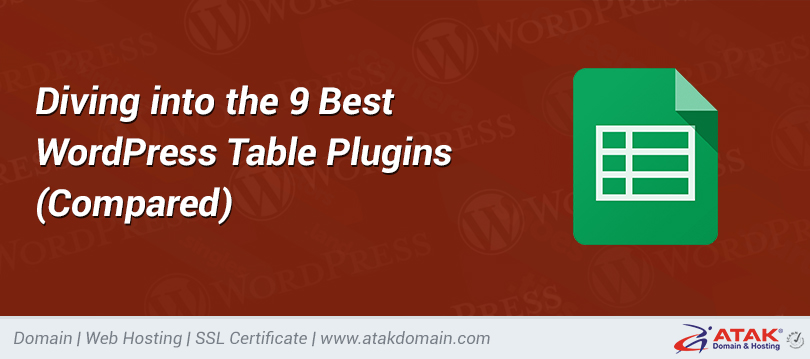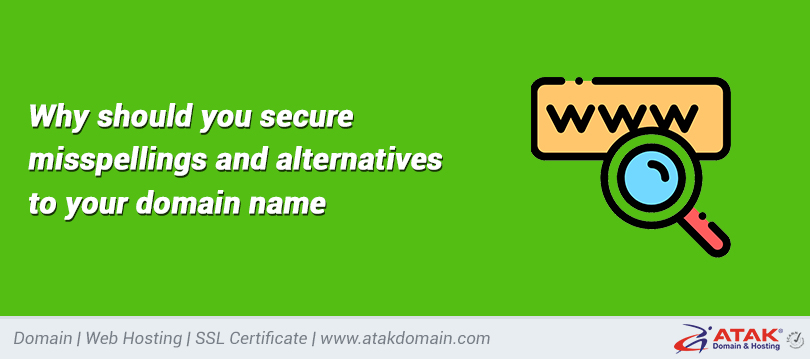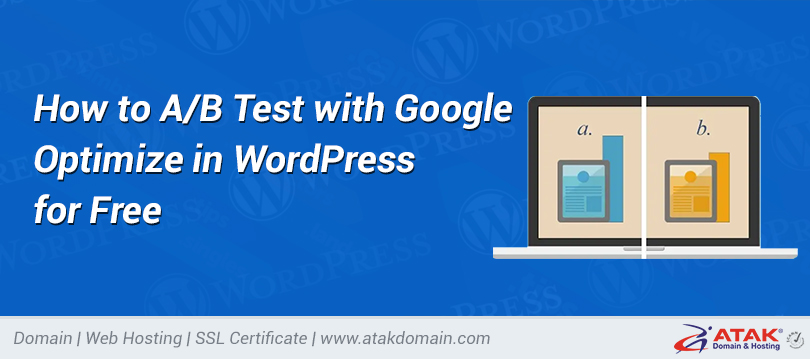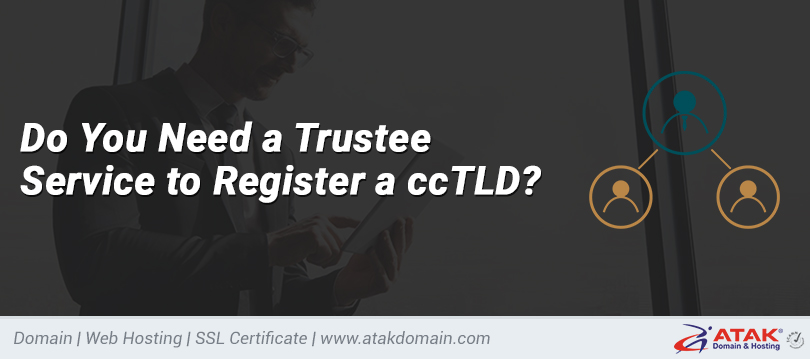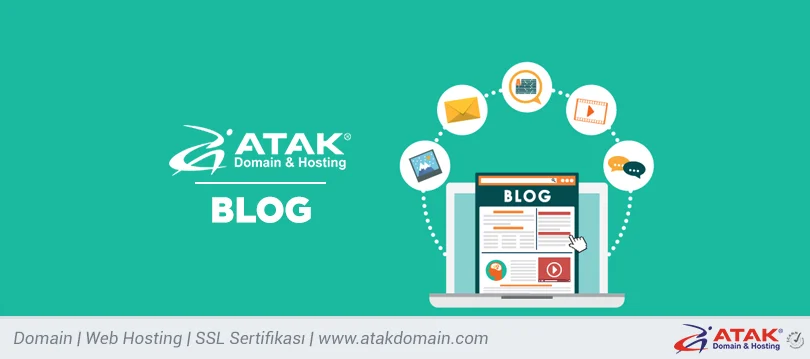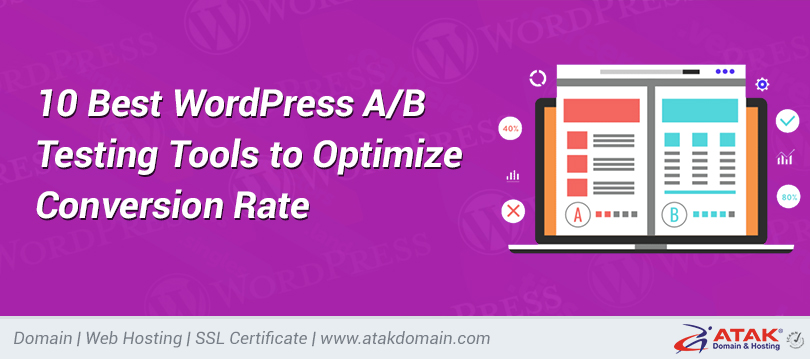
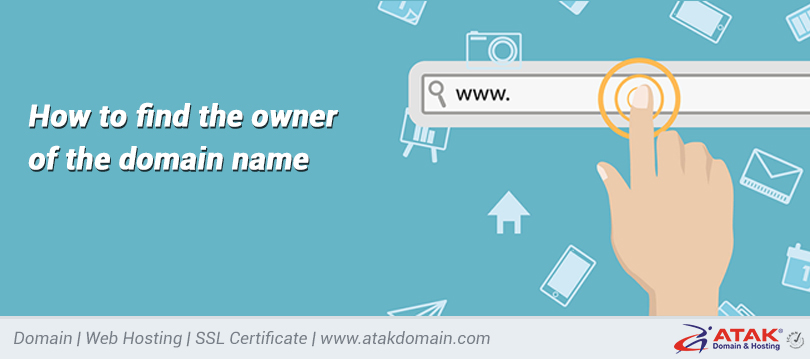
How to find the owner of the domain name
Are you trying to figure out how to find the owner of a domain name, but don't know where to start? If you want to find the owner of a domain name, it is imperative that you first understand what the domain name means
It's helpful to think about the relationship between a domain name and a website the same way you think about your home address. When you search for a website, you enter the domain name (address) so that it can connect you to a specific website. In order to find a single website, you need an accurate domain name.
Atakdomain.com has over 300 domain extensions to choose from to help set your website apart from the rest. It all starts with great scope.
TLDs
Every web address on the Internet ends with a string of characters called domain name extensions, or TLDs. TLD is an acronym that stands for Top-Level Domain. There are hundreds of TLDs out there, and more are being added regularly. The most popular one, and the one most used by the vast majority of websites, is .com.
Almost anyone can sign up for a .com TLD if the domain name is available, but other extensions are more restricted. For example, if you want to subscribe to a .museum, which designates museums, museum institutions, and individuals working in the museum industry, you must be able to provide evidence that you are a museum or affiliate.
When you are looking for the owner of a domain name, it is especially important to know the TLD associated with the web address. Doing a search with a .net TLD instead of .com can direct you to a completely different website.
Who is the owner of the domain?
- Domain names are owned by whoever first registered the web address with an authorized registrar, such as Atakdomain.com. In order for this person to retain ownership, he / she must pay a registration fee and ensure that all contact details are updated.
- Once a person legally registers for a domain name, and provides all relevant personal information to a certified registrar, that individual owns the rights to that web address. They alone own this web address and reserve the right to sell it at any time. The owner can transfer ownership of the domain name to a new user if he cares about it.
- Domain ownership length
- Typically, the standard domain ownership period is 2 years. However, based on the extensions, it is possible to register a domain name for a period of up to 10 years. Renewal is also an option for people who don't want to stick to a multi-year deal.
- Domain owners pay an annual fee, which varies based on the TLD they choose. Since 2000, Atakdomain.com has offered some of the most affordable registration and renewal fees available in a TLD.
Why are you looking for a domain owner?
- There are many reasons why someone might be looking for a domain owner. Often times, the reason for this is because the owner can provide information about the domain and website that no one else can provide. It's also common for domain owners to research themselves to ensure their website is accurately represented over the internet.
Other reasons to look for a domain owner:
- Make a purchase: Often the person looking for the domain owner will be interested in purchasing this domain name. There are hundreds of millions of people registered, and for many individuals and companies, their ideal field has already been claimed by someone else. Sometimes, purchasing a pre-existing domain is as simple as contacting the domain owner and striking a deal. Often times it is more complicated, but it all depends on the owner of the domain name and any plans they may have for the website and their willingness to negotiate.
- Ask about products or services: Sometimes, a website may not provide all necessary information regarding its products or services. In such cases, the domain owner may be able to fill in the gaps or answer questions that may not be answered on the website.
- Credibility Check: Before conducting business through a website, it is important to ensure that the website is exactly what it claims to be. The Internet is a hotbed of disinformation, and it is surprisingly easy for websites to misrepresent themselves, either on purpose or otherwise. Searching for the domain owner can help verify the website’s legitimacy, providing peace of mind for parties seeking to engage in financial transactions. Likewise, affirming the legitimacy of the website can make it easier to trust any information that may be presented.
- Report a technical issue: If the website is faulty and there are no clear ways to report the problem, it can help to contact the owner directly. The owner is invested in maintaining the website and is often grateful to be informed that there is a problem.
- Confirm your information: If you own a domain, it is important to verify that website information is accurately represented in searches. There are hundreds of millions of domains registered, and info errors are virtually guaranteed. If you plan to sell your domain at some point, ensuring that your personal data is up to date can help potential buyers contact you.
- Find the owner of the domain name
- If you know the domain name of a website, there are several ways to discover who the owner is. In most cases, the easiest way to find the owner of a domain name is to search the WHOIS databases. If the WHOIS lookup fails, there are several other strategies for determining the owner of the domain name.
WHOIS databases
These are free and publicly available search tools that contain nearly every single website and domain name. WHOIS services work alongside registrants such as Atakdomain.com, gathering all information related to the purchase, sale and transfer of domain names.
WHOIS and ICANN services
There are several WHOIS databases and they are all coordinated by the Internet Corporation for Assigned Names and Numbers (ICANN). ICANN is a non-profit organization that guarantees the maintenance and security of domain names, websites and other Internet name spaces. Since 1998, they have coordinated a central registry containing all registered domains.
How does WHOIS work
WHOIS was created to be as simple as possible. The Internet contains an overwhelming amount of information and ICANN has remained committed to ensuring that domain ownership remains transparent.
When performing a search on the WHOIS database, the website clicks on the central ICANN registry and pulls all the information, current and historical, related to the domain in which you searched. You should be able to easily find basic information about the owner, such as his name, contact information, any past ownership and domain expiration date. Some WHOIS databases will go further and offer website statistics such as traffic and performance as well as other domains that a particular owner might have.
WHOIS restrictions
While both ICANN and WHOIS try to be as comprehensive as possible, it is possible, even legally, to conceal some of the most important proprietary information. The most common method that domain owners use is a tactic called proxy registration. In these cases, the owners paid or entered into deals with companies or organizations to act as registrants. When you search for a domain that has been blocked by a registrar, the reported information will not provide any useful clues as to the identity of the real owner.
However, if you are determined to find the true owner of a website and discover the proxy registrar, there are search techniques you can use to obtain the information. After pulling the domain on WHOIS, check the ownership record.
Sometimes it is possible to know when the transfer from owner to agent took place and thus determine the original owner. If you encounter other privacy settings, look for the information that precedes these settings. If the owner registers other websites, search for them in WHOIS and see if they have any updated contact information.
In other cases, domain owners might have failed to update their contact information. Unless updated contact information somehow interferes with the domain registrant's ability to charge annual fees, this disinformation tends to remain, sometimes indefinitely.
Other ways to search for domain ownership
If you tried to find the owner of the domain name through WHOIS databases but failed to reveal the required information, there are some other search methods you should try before giving up.
Check the site carefully
Even if the domain name owner has hidden their information in the WHOIS database, the website itself might be able to provide contact information. Scroll, paying special attention to the top and bottom of the page, and look for links that read "contact information," or something similar. Even if he doesn't connect you directly with the owner, he might point you in the direction of someone who knows you.
Social media
Check any and all social media accounts associated with the domain name or website you are searching. Consider resources like LinkedIn, Facebook, Twitter, and Instagram. Again, look for any indication of "contact information" or email addresses that might be visible.
Negotiate with the owner of the domain name
If you have consulted WHOIS databases or otherwise discovered the identity of the domain name owner, the next step for those looking to purchase the domain name is to negotiate with the owner. It is important to remember that as long as the owner's domain registration has not expired, they retain full control over the name and can either sell or retain it, as required. Sometimes, even if you discover the perfect domain name, the owner may not want to put it up for sale. Conditions like this often arise; For this reason, it is important to be open-minded and prepared for the idea of registering an alias.
Email or contact the owner using the information you got through the search. Communicate in a positive attitude. Even if there aren't any face-to-face negotiations, it is important to be friendly. Once the deal is approved, the payment is exchanged for the property.
How to secure domain privacy
If you can secure a domain name, but don't register it for domain privacy, your private information will be available to anyone conducting a search in the WHOIS database. If you are not comfortable with having your information easily accessible, but set as domain ownership, Atakdomain.com offers domain privacy registration for many TLDs.
If you sign up for domain privacy, searching the WHOIS database for your domain will report Atakdomain.com information instead of your personal information. In fact, Atakdomain.com will hide all the personal details that you do not want to share with the public. Registering for Domain Privacy doesn't mean that you sacrifice any control over your domain - you retain full ownership. Unfortunately, not all TLDs qualify for domain extension privacy. Domain privacy is only available for .com, .co, .net, .org, .tv, .info, and .mobi domain extensions.
Why domain names matter
Now that we've covered how to find the owner of a domain name, it is imperative that we understand why domain names are important in the first place. Domain names are there to help locate and categorize websites. However, for companies and individuals, domain names can be the difference between a thriving web presence and those having a hard time getting off the ground.
When you are a domain name owner, your business or personal website gains credibility. Many internet users rightfully question the existence of unknown websites, and when your domain name is designed specifically for your business, it gives your company a sense of confidence that might not otherwise exist.
If a company’s domain name is related to the services it provides, it will be easier for Internet users to find, even if they have not heard about the company before. People who use a search engine to search for services or goods will have a higher chance of being directed to the company's website, especially if the content on this site is optimized for search engines.
Categories
- Domain Guide & Registration Process
- Email Services & Setup Instructions
- Step-by-Step How-To Guides
- Insights & Articles from the Tech World
- Server Management & Performance Tips
- Software Development & Coding Resources
- SSL Certificate Guide for Secure Websites
- Choosing the Best Hosting & Optimization Tips
- Key IT Terms & Their Definitions
- SQL Database Management & Queries
- WordPress Setup & Optimization Strategies
